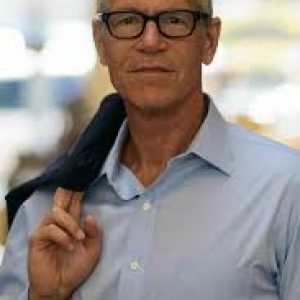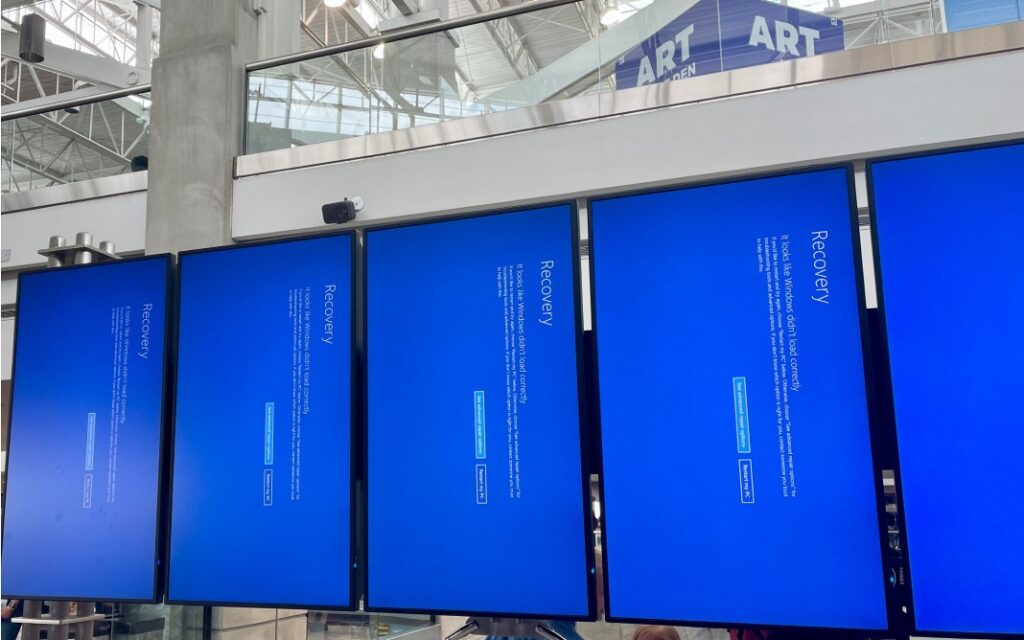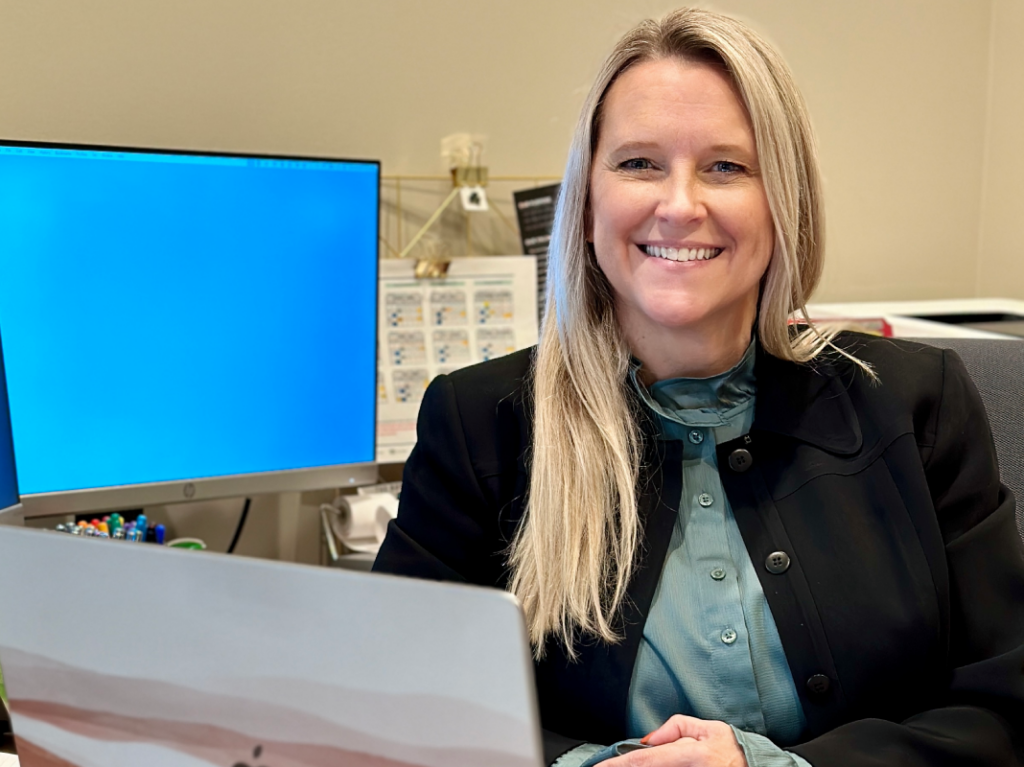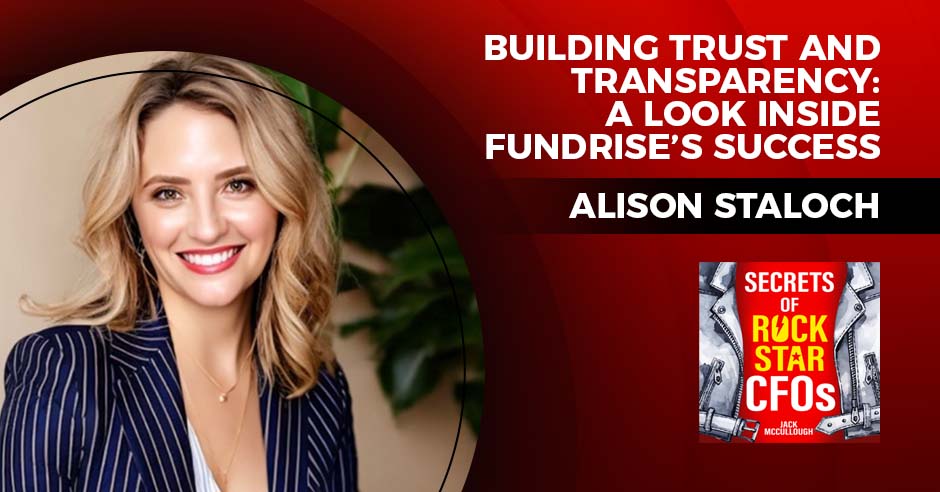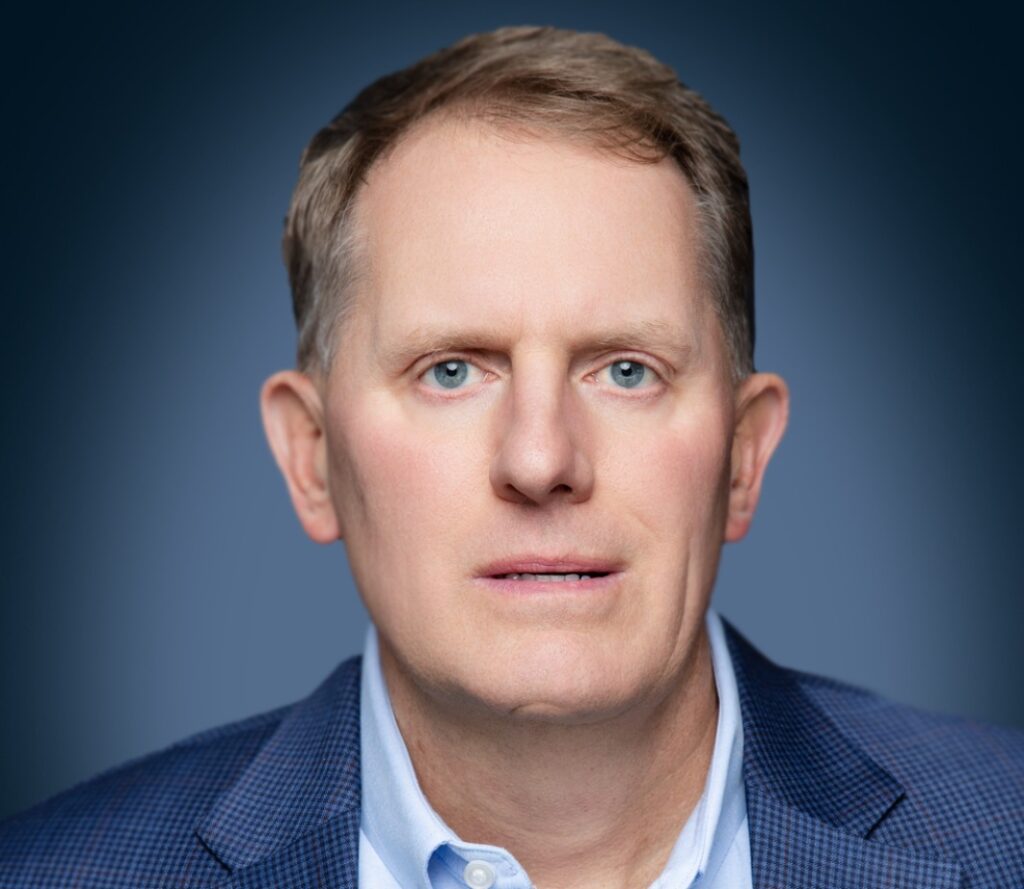Like other CFOs in today’s turbo-charged world of business, Katie Grahmann struggled to find time in her jam-packed day to pause and think about the big picture. So many details required her attention that it was difficult to step back and assess how she was doing.
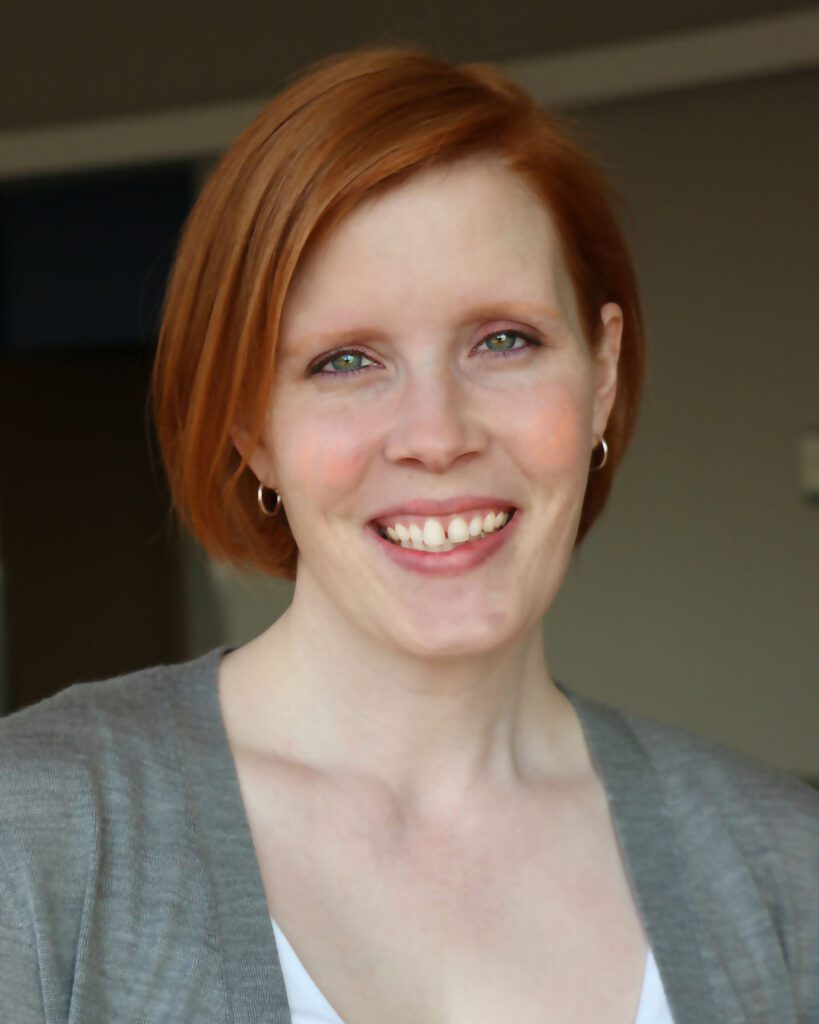
“My whole career I’ve been told, `Katie, you’re doing great, just keep up the good work,’” said Grahmann, finance chief at the 92-year-old Houston Livestock Show and Rodeo, the world’s largest livestock exhibition and rodeo. “But am I really doing great? I know what I know, but what I need to know is what I don’t know—my blind spots.”
Not taking time to understand one’s leadership strengths and shortcomings also troubled CFO Chris Young at private equity fund Montage Partners, which invests in companies in the business services, consumer, industrial and technology industries. “There’s just so much on our plates these days as CFOs that we’re getting stretched thin, going from one crisis to the next without a pause,” Young said.
The workload and blistering pace made another finance chief, Susan Lynch, wonder if her communications with finance staff was correctly interpreted. “When someone is not performing at the level they should, I ask myself, was I clear, were they capable of performing the task, or do they need help?” said Lynch, CFO at public company V2X, a leading provider of mission critical solutions to global defense clients, with $3.6 billion in annual revenue and 15,000 employees worldwide.
All three CFOs came to the realization that a relentless focus on the minutiae of business leaves no time to reflect on their leadership, how they are inspiring and mobilizing people toward attaining the CEO’s vision. Minus this introspection, they were in a liminal state, in between thinking all was well and not really knowing.
This confusion is much less today, thanks to their determined efforts to pause to frankly assess their leadership performance. Their methods of self-examination are different, but they collectively appreciate the need to sit back and take notice. Young, for example, schedules his much-needed break every two weeks to reflect on his plusses and minuses. “I zoom out to evaluate what I’m doing and how I could do it better,” he said.
Leadership self-assessment falls into the category of a CFO’s softer skills, but it is as immensely important as closing the books correctly and keeping tabs over a seemingly endless set of responsibilities. “It’s crucial for CFOs to turn everything off, take two hours, go for a walk and think about the things they’re doing well and not so well,” said Owen Ryan, former CEO of Deloitte Advisory. “Self-assessment is an opportunity for continuous improvement.”
Ryan’s long career comprises three additional stints as a CEO: at investment firm Geller Advisors; property/casualty insurer AEGIS Insurance Services; and leading finance and accounting automation solutions provider BlackLine, where he serves today as chairman and co-CEO (with founder Therese Tucker). “Good CFOs understand the vision and have put forth the strategy to achieve it, but great CFOs pause along the way to contemplate their progress,” he said.
He’s not alone in reminding CFOs to stop, reflect and reset. “The speed and intensity of change in the world challenges CFOs as enterprise and function leaders, but it also challenges them to find needed moments of time to nurture their souls,” said Ankur Agrawal, a partner at McKinsey & Co. focused on strategy and corporate finance issues.

How Do You Know If You’re An Effective Leader?
If constructive feedback is hard to come by, you may have to take matters into your own hands with a self-assessment.
CFOs have “so many balls in the air, there’s the risk of getting caught up in the here and now, with no time given over to reflection,” Agrawal said. “Nine in 10 CFOs know this; there’s this little voice in them reminding them of the human element of the job.”
Ryan offered a similar opinion. As he put it, “All leaders need to balance their IQ (intelligence quotient) with their EQ (emotional quotient). You’re only as good as your team, so you need to surround yourself with competent and diverse people of character, make sure you’re being clear and articulate, and open the door to their questions and feedback. Lastly, focus on your needs. Reach out to a trusted advisor on the board or a group of CFO peers as a sounding board to openly share your ideas and concerns.”
Making Time
The workload and stress confronting Grahmann at the Houston Livestock Show and Rodeo begs the need for a break. The 501(c)(3) charitable organization sponsors dozens of events at Houston’s 72,000-seat NRG Stadium, from championship rodeo and livestock auctions and competitions to concerts by performers as diverse as Jason Aldean and Machine Gun Kelly.
“We have 135 full-time employees, but we also have 108 volunteer committees made up of 35,000 people,” said Grahmann. “Until recently, each of the committees had its own budget, which the finance team went through on a line-by-line basis to come up with something relatively similar to what we had last year.”
The CFO changed the budgeting process to align it more efficiently with the organization’s mission and strategy. In doing so, she found she had to pull back from the daily grind for a period of time to mull how best to lead the project. The contemplations made her realize that when it came to making changes that might rub against the grain, she was tentative.
To learn why, she conferred with the organization’s HR leader, who introduced her to the Johari Window model, a framework designed to increase a person’s self-awareness and understanding of others. “I picked up on the fact that I did a great job holding people accountable that were closer to my age, but tended to be deferential to people who were older than me,” she said.
Her unconscious bias was an impediment in pushing forward changes to the organization’s benefit. “Everyone hated the former process, so instead of me dressing it up I reached out to them and asked, `What are the changes you would make?’” she said. “I felt I now had the authority to say to the CEO about the budgeting process, `This is dumb.’”
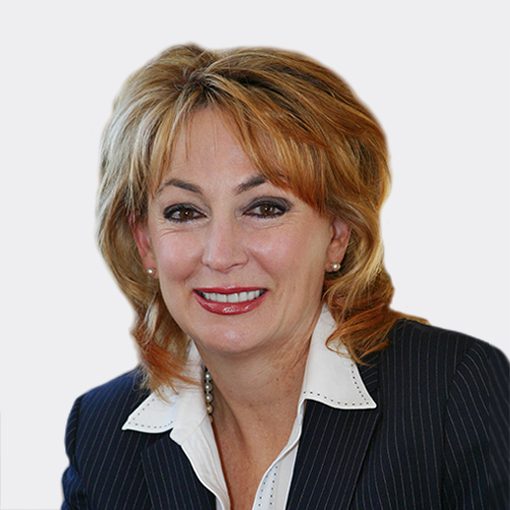
At V2X, formed by the merger of Vectrus and Vertex last year, Lynch’s leadership self-assessment also yielded insights. “I realized that when others misinterpret my communications, I am nonetheless accountable,” she said. “If what I said and what I meant to say isn’t the same thing, it’s up to me to get in there and show them what I mean.”
The self-assessment guided other changes in Lynch’s leadership. “Instead of pushing people too hard, I now do the opposite,” she said. “The world class finance team I built is so hard charging to begin with, all Type A personalities, that I need to guard them from themselves. I have to remind them, `You can’t run a marathon every day, slow down and take time off.’ My job is to de-stress them.”
What about her own stress as the CFO of a company whose work plays a vital role in supporting the U.S. military at home and abroad? “I ride horses,” Lynch replied. “It helps get the stress out to appreciate the larger situation.”
To better see the forest for the trees at Montage Partners, Young has scheduled his biweekly self-assessments to line up with the private equity fund’s internal investor meetings. “I share an update on our nine portfolio companies and their respective priorities, which is a natural way of refreshing my own priorities,” he explained. “It forces me to look back on things we could be doing better, and I could be doing better.”
The CFO provided the example of recent turnover that happened across the senior management of one of the nine companies. Young was intensely involved in assisting the organization through the management changes. Having successfully completed the transition, he paused to reflect on the experience.
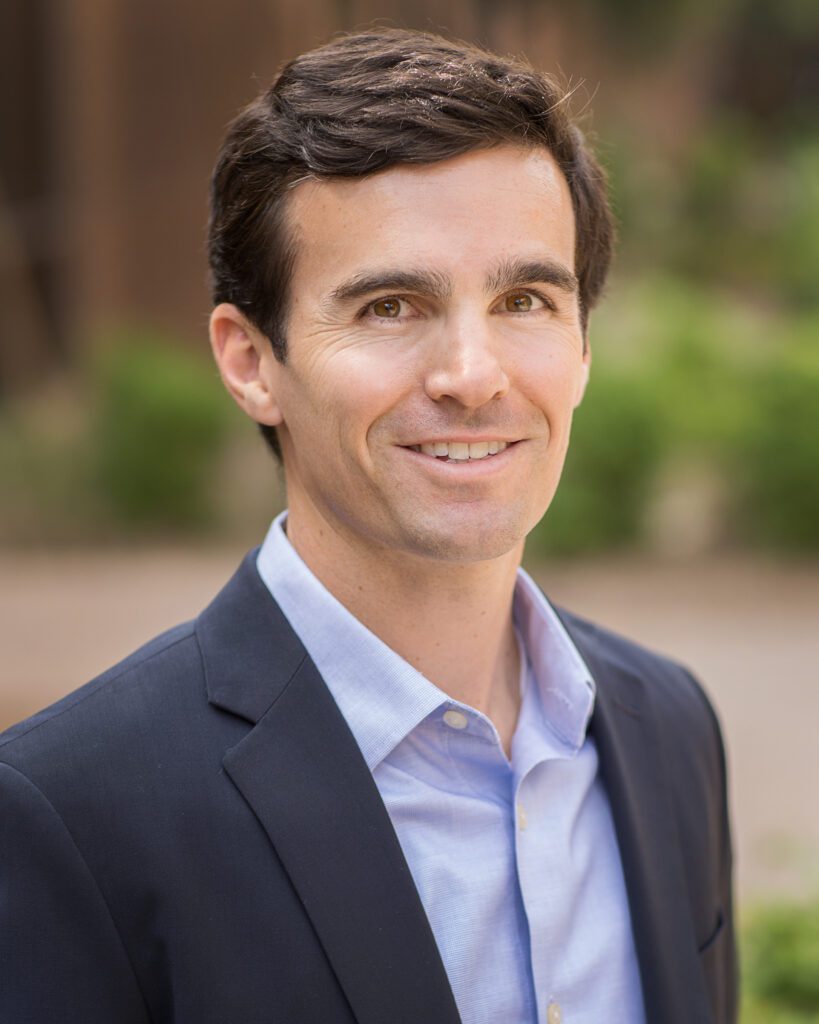
“I had spent too much time on this one company to get it to a steady state, yet we had two controllers here that were eager to take on more responsibility,” he said. “It made no sense. Why am I not empowering the two controllers to do the stuff that doesn’t belong in my court? I no longer get bogged down now with things that can be delegated.”
Other finance chiefs are in a near-constant state of leadership evaluation and self-awareness. “I assess my ups and downs at the end of each day,” said Steve Isom, CFO at Bloomerang, a fundraising software-as-a-service (SaaS) firm used by thousands of small and medium-sized nonprofit organizations to process the donations they receive.
Wanting to discover his leadership strengths and weaknesses, Isom used a performance-based tool provided by Gallup called a ClintonStrengths assessment. “I found out that my number one strength is that I’m `highly competitive,’ which makes me a pacesetter, not unusual for a CFO, but also an agitator.”
Realizing that agitation may not yield the best outcomes as a leader, Isom took a breather to probe his management approach. “There’s a lot of math involved in a SaaS business like inputs, outputs and conversion rates, which lulls you into thinking you can manage people like spreadsheets,” he said. “I discovered I was underemphasizing the human element.”
The CFO also discerned that he was a hard grader—on himself. “I learned that I really don’t need to worry about my high expectations because I’ve hired a lot of people oriented the same way,” he said. “They’re already self-motivated, a nice unlock for productivity.”
Isom recently took another respite to complete an Activity Vector Analysis (AVA) behavioral assessment, which identifies a person’s natural tendencies as a predictor of workplace behaviors. “I wanted to learn the things I did well and the things I didn’t do well,” he said. “I found I was good at taking control of a situation but lacked patience when people didn’t keep up with me.”

He attributed his impulsiveness to his original career as an investment banker. “There’s no human element in that,” Isom said. “But as I entered the world of business and began managing teams of people, I discovered I needed to stop and celebrate the wins; that wasn’t in my hard-charging nature. Just because we have a long way to go doesn’t mean we can’t appreciate how far we’ve come.”
Asking for Advice
In their pursuit of a more productive and empathetic approach to leadership, the four CFOs have become more open to the advice of peers and mentors, something Agrawal at McKinsey sees as a crucial characteristic of all leaders. “In those moments of self-reflection, it is important to bring in the perspectives of insiders and outsiders,” he said.
Ryan echoed the same opinion. “I still have my two mentors from Deloitte who I go to with everything,” he said. “I know they will be truth tellers, giving me what I need to hear as opposed to what I want to hear.”
For trusted advice, Grahmann at the Houston Livestock Show and Rodeo relies on a group of internal mentors. “As it happens, our executive staff of `chiefs’ leading IT, HR, operations and legal are all women,” she said. “We created a very nerdy but good book club, with no wine, just chatting. As we go through the books, we inevitably discuss our work, sharing our respective challenges in helpful ways.”
She also discusses her experiences and achievements with fellow members of the Thought Leaders Institute at the Greater Houston Women’s Chamber of Commerce, a forum for professional women. “We come from all these different industries, yet our problems are similar,” said Grahmann. “We’ve gotten to the point where we get together and go to the rodeo and concerts at the stadium.”
Lynch at V2X has assembled a group of high-level mentors and advisors from the various organizations she’s served, a mix that includes Honeywell, PwC, Hitachi and Raytheon. “I am fortunate to have worked with some of the greats, successful leaders I respect that don’t hold back and tell me what I need to hear,” she said.
Isom turns to his CEO, Dennis Fois, for counsel. “He told me that when you set such high expectations for yourself, the only person you ever disappoint is yourself,” said Isom. “It struck a nerve. Now I play back each day and think, what did I want to accomplish today and where did I get sidetracked?”
If there is a theme running through the stories of the four CFOs, it is this: what matters most in business is people. Although their self-assessments vary, their collective soul-searching relieved them from thinking their daunting responsibilities were more important than the people they lead. “When people come to you with their problems, you’re doing well,” said Isom. “If you have to solicit their problems, you’re losing.”

